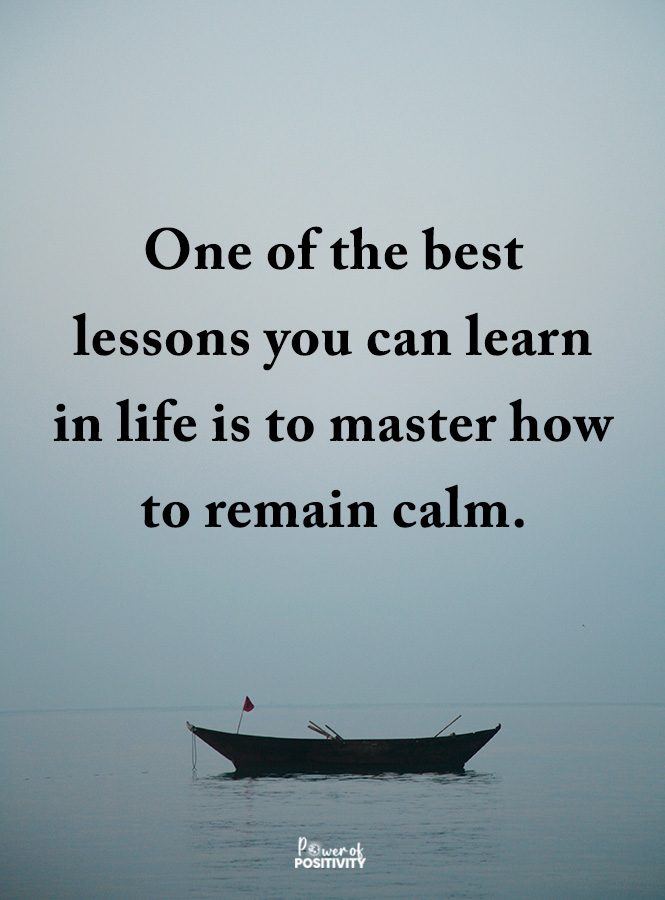Do you ever feel like you’re running on empty, even after a full night’s sleep? That’s emotional exhaustion—a state where mental and physical fatigue hit you all at once. It’s more than just feeling tired; it’s when stress lingers so long that you start feeling drained in every aspect of your life. Unlike regular tiredness, which a good rest can fix, emotional exhaustion keeps you feeling weighed down, no matter how much you try to recharge.
So, why is this happening to so many of us? The fast pace of life is a major culprit. Between work pressures, taking care of family, and juggling personal commitments, most of us are stretched too thin. We’re always connected, always busy, and always trying to meet high expectations. It’s like trying to keep your phone fully charged while running every app at once—it’s only a matter of time before it shuts down.
But here’s the thing: ignoring these signs won’t make them go away. If anything, it makes them worse. Knowing what emotional exhaustion looks like is the first step toward breaking the cycle. So, let’s dive into the signs—each one is a signal that your mind and body are begging for a change.
What’s Draining You? Unpacking Emotional Exhaustion
What really causes emotional exhaustion? It doesn’t just appear out of nowhere—it’s often the result of constant stress that wears you down over time. Daily pressures from work, sudden life changes like a move or a loss, and even forgetting to take care of yourself can all lead to feeling mentally drained. You’re trying to do it all, but sometimes it’s just too much.
When stress becomes a daily part of life, it takes a toll on your mind and body. You might start feeling overwhelmed, like you’re in a fog, making it tough to think clearly or focus. Relationships can suffer, too, as you have less energy for others and find yourself withdrawing from social activities. Even your productivity at work or home can hit rock bottom.
The key is recognizing these triggers early. Knowing what’s behind emotional exhaustion can help you find ways to manage it better, rebuild your energy, and get back to feeling like yourself again.
10 Signs of Emotional Exhaustion You Can’t Ignore
Recognizing emotional exhaustion can be challenging, especially when it creeps up slowly. But the sooner you spot these signs, the easier it is to prevent deeper burnout. Here are the ten signs that your mind and body are struggling under the weight of stress. Take note of each one—they’re important signals that you need to pause and take care of yourself.
1. Feeling Constantly Tired Despite Adequate Sleep
Ever wake up feeling like you barely slept, even after a full night in bed? That’s a classic sign of emotional exhaustion. This type of tiredness is different from just feeling sleepy—it’s a deep, unshakeable fatigue that lingers all day. No amount of naps or coffee seems to help.
While physical tiredness is usually relieved with rest, emotional exhaustion is trickier. It’s linked to stress, anxiety, and mental strain. Your body might be rested, but your mind is still overwhelmed. When stress is constant, it keeps your brain “on,” even when you’re asleep. Over time, this kind of exhaustion starts affecting your focus, energy, and mood, making even simple tasks feel like a burden.
2. Difficulty Falling or Staying Asleep
Do you struggle to fall asleep at night, or wake up in the middle of it with racing thoughts? Emotional exhaustion often messes with sleep patterns, causing either insomnia or sleeping too much. Stress can make your mind feel like it’s stuck on a loop, replaying worries and to-do lists over and over.
Some people end up sleeping more than usual, hoping that extra hours in bed will bring relief. Others toss and turn, unable to quiet their minds long enough to drift off. Whether you’re dealing with too little or too much sleep, the root cause is often the same—mental fatigue from being overwhelmed. If sleep feels like a daily struggle, it’s a sign that emotional exhaustion is taking a toll.
3. Physical Aches Without a Clear Cause
Ever feel body aches that don’t seem to have a cause? Emotional exhaustion can do that. When stress sticks around, your body reacts with headaches, muscle pain, stomach issues, or general discomfort. Stress hormones like cortisol rise, putting your body in “fight or flight” mode.
This state is fine in short bursts, but when it becomes constant, it can cause physical pain without any real injury. You might think you’re coming down with something, but it’s really your body’s way of signaling that it’s overwhelmed. If you’re feeling sore or achy for no clear reason, it might be time to look at your mental load, not just your physical health.
4. Feeling Detached from Life or Others
Do you feel like you’re just “going through the motions”? Emotional exhaustion can make you feel distant, like you’re watching your life from the outside. This feeling of detachment is a coping mechanism—a way for your mind to protect itself from feeling too much.
You might withdraw from friends or family, not because you don’t care, but because you just don’t have the energy to engage. Social events, conversations, and even small talk feel draining. It’s as if you’re there physically but not really present. If you often find yourself feeling disconnected, it’s a sign that your mind is trying to retreat from stress overload.
5. Increased Irritability and Mood Swings
Feel like you’re snapping at people for no reason? Emotional exhaustion can make you irritable, even when you don’t want to be. Little things that never bothered you before might suddenly feel unbearable. Your patience is thinner, and your reactions are stronger.
When your mind is running on empty, it’s harder to regulate emotions. You might go from feeling fine to angry or frustrated in seconds. It’s not just about being in a bad mood—it’s a sign that stress is pushing your limits. Mood swings are your body’s way of saying it needs a break, not more pressure.
6. Frequent Feelings of Loneliness
Do you feel lonely even when you’re surrounded by people? Emotional exhaustion can create a mental fog that makes it hard to connect with others. You might feel like no one truly understands what you’re going through, leading to a sense of isolation.
It’s not that you’re alone, but that exhaustion makes it tough to see things clearly. The mental load can cloud your perspective, making everything feel more distant. This sense of loneliness can deepen stress, creating a cycle that’s hard to break.
7. Losing Interest in Previously Enjoyed Activities
Have you lost interest in things that used to bring you joy? Whether it’s a hobby, social event, or even a favorite TV show, emotional exhaustion can make everything feel like a chore. It’s not laziness—it’s your mind telling you that it’s too tired to enjoy anything.
This shift in interest can be an early warning sign of depression, often linked to emotional burnout. When stress takes over, it’s hard to muster excitement for things you once loved. Recognizing this change is key to addressing the deeper issue of emotional fatigue.
8. Overwhelmed by Daily Responsibilities
Do everyday tasks feel like climbing a mountain? Emotional exhaustion can make simple responsibilities—like doing the dishes or answering emails—feel overwhelming. It’s not that you’re incapable, but that your mental energy is so low that even basic tasks seem too hard.
When emotional exhaustion sets in, your usual routine becomes a burden. You might find yourself putting off chores or work duties because they feel impossible. If your to-do list keeps growing and your motivation keeps shrinking, it’s a clear sign that you’re mentally burned out.
9. Constant Negative Thoughts
Is your mind filled with negative thoughts lately? Emotional exhaustion can trigger a stream of self-doubt, guilt, or hopelessness. It’s like having a critic in your head that never stops. This negativity isn’t just a bad mood; it’s a sign that your mental reserves are depleted.
When your mind is under constant stress, it’s hard to see the positives. This kind of thinking can quickly spiral, making you feel trapped in a cycle of exhaustion and negativity. Catching these thoughts early can help you address the root cause and regain a more positive outlook.
10. Feeling Emotionally Numb or Indifferent
Do you feel like nothing really matters anymore? Emotional numbness is a common sign of emotional exhaustion. It’s a feeling of indifference, where nothing seems to affect you—good or bad. This flatness is your mind’s way of protecting itself from feeling overwhelmed.
While this numbness might seem like relief at first, it’s actually a sign that stress has taken over. If you’re finding it hard to care about things that once mattered, it’s time to address what’s causing this emotional shutdown.
Final Thoughts on Overcoming Emotional Exhaustion
The good news? You can recover from emotional exhaustion. It starts with simple steps like prioritizing self-care, setting boundaries, and seeking support when you need it. Pay attention to your body’s signals and don’t ignore them. Make small changes, like getting better sleep, practicing mindfulness, and eating a balanced diet. These adjustments may seem small, but they can make a big difference over time. Remember, recognizing the signs early helps you manage stress before it overwhelms you. Taking care of yourself isn’t selfish—it’s necessary to feel more balanced and energized.















